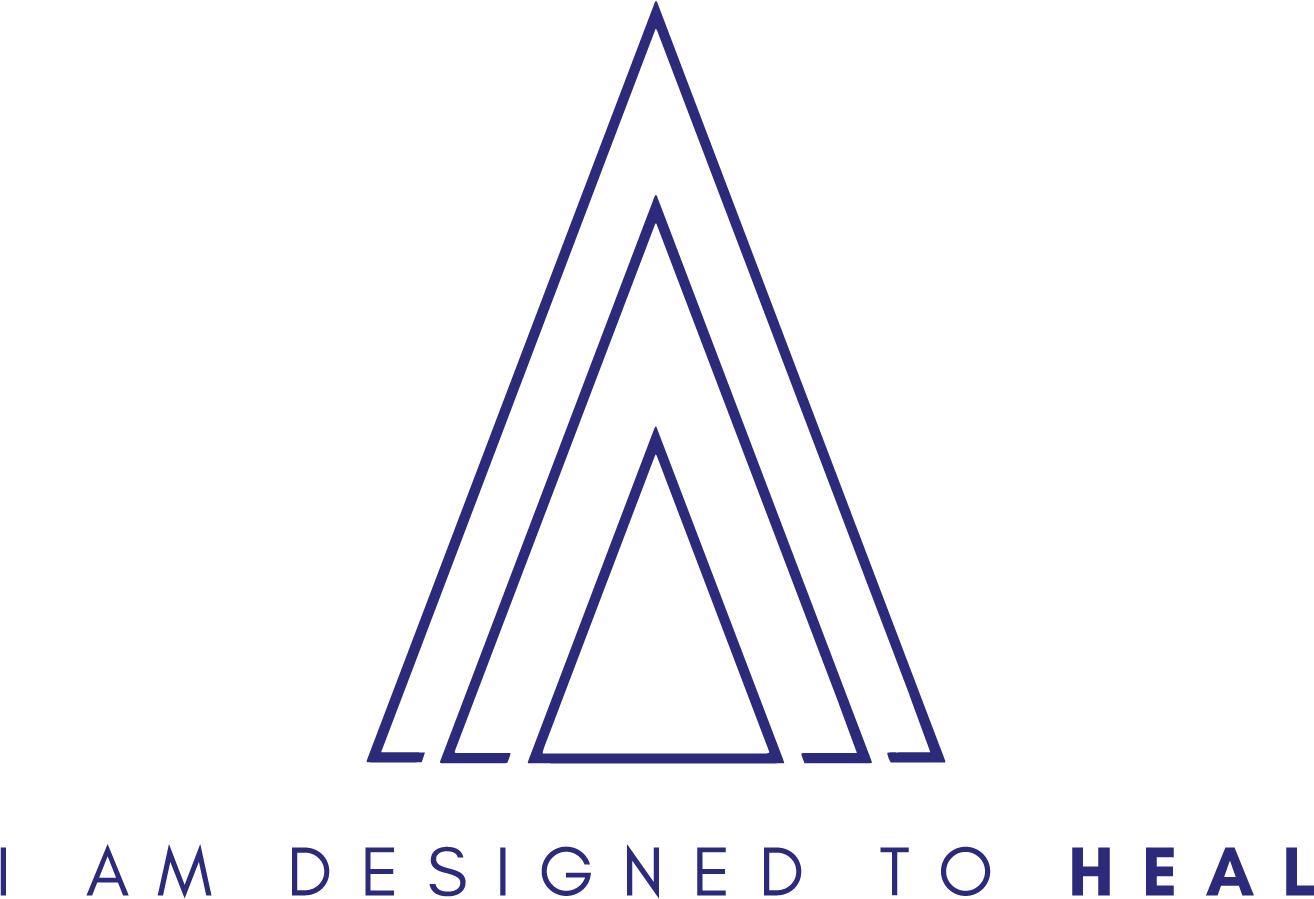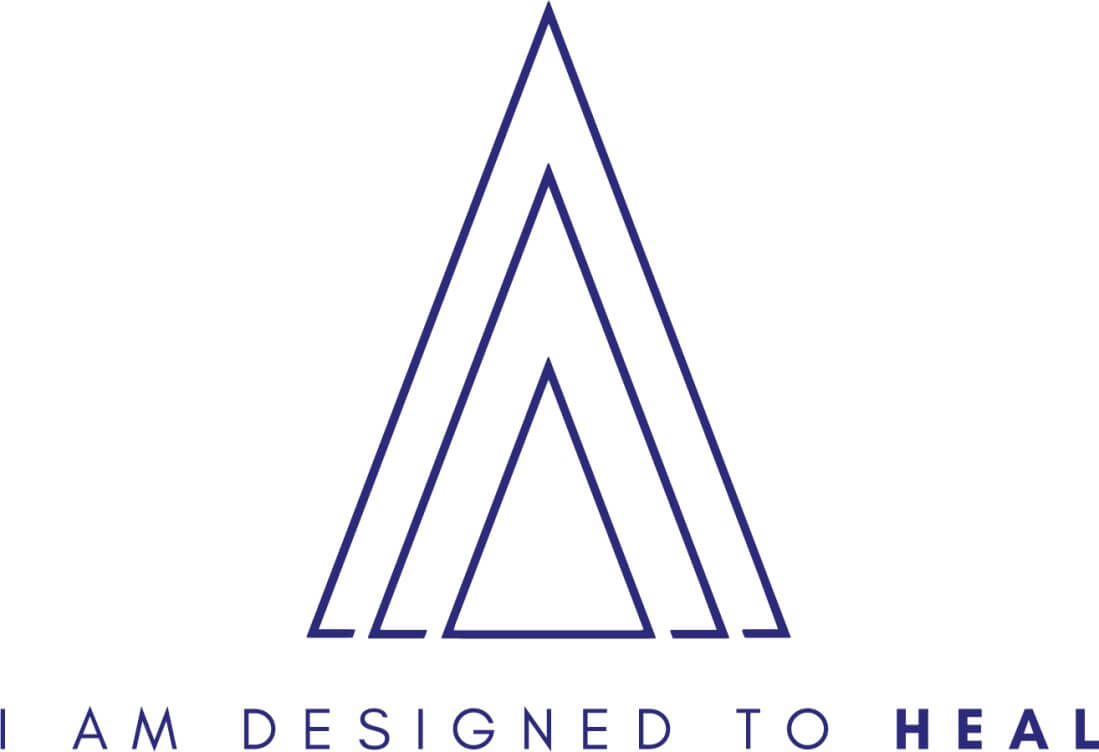
07 Jul How Regular Acupuncture Sessions Can Enhance Your Meditation Practice and Calm Daily Anxiety
In our fast-paced world, managing anxiety and finding calm can often feel like a never-ending challenge. For many, meditation provides a powerful tool for relaxation and mental clarity. But did you know that regular acupuncture sessions can further support your meditation practice and help ease daily anxiety? Let’s explore how these ancient practices can work together to boost your overall well-being.
The Power of Meditation
Meditation is widely recognized for its ability to reduce stress, increase focus, and improve emotional health. It helps calm the mind and create a sense of inner peace, making it a valuable tool for managing anxiety. Regular practice can enhance mindfulness, self-awareness, and emotional resilience.
How Acupuncture Complements Meditation
1. Enhancing Relaxation
Acupuncture, rooted in Traditional Chinese Medicine (TCM), involves inserting fine needles into specific points on the body to balance energy flow or Qi. This practice can promote deep relaxation by:
- Activating the Parasympathetic Nervous System: Acupuncture helps stimulate the body’s relaxation response, reducing stress hormones like cortisol and increasing the production of feel-good neurotransmitters such as serotonin and dopamine.
- Improving Sleep Quality: Better sleep can enhance your meditation practice by ensuring you’re well-rested and more focused during sessions.
2. Reducing Anxiety
Acupuncture has been shown to have a calming effect on the mind and body. Here’s how it can help with anxiety:
- Regulating Neurotransmitters: Acupuncture can help balance neurotransmitters that play a role in mood regulation, such as serotonin and GABA. This balance can help stabilize your mood and reduce feelings of anxiety.
- Balancing Qi: According to TCM, anxiety often results from imbalances in Qi. Acupuncture aims to restore harmony and alleviate these imbalances, leading to a calmer state of mind.
3. Supporting Emotional Balance
Acupuncture can also support emotional well-being by:
- Reducing Stress: Regular sessions can help lower stress levels, making it easier to approach meditation with a calm and clear mind.
- Enhancing Mental Clarity: By improving blood flow and energy balance, acupuncture can help clear mental fog, making meditation more effective and enriching.
Scientific Evidence Supporting Acupuncture for Anxiety
Research supports the benefits of acupuncture for managing anxiety and improving relaxation:
- Systematic Reviews: A systematic review published in JAMA Internal Medicine found that acupuncture was effective in reducing symptoms of anxiety and improving overall emotional health (Lee et al., 2012).
- Clinical Trials: Studies have demonstrated that acupuncture can significantly reduce anxiety levels in patients, often showing results comparable to those of conventional treatments (Vickers et al., 2018).
Practical Tips for Integrating Acupuncture with Meditation
1. Combine Treatments for Maximum Benefit
To get the most out of both practices:
- Schedule Regular Sessions: Consistent acupuncture treatments can enhance the benefits of your meditation practice and help maintain a steady state of calm.
- Incorporate Acupuncture Before Meditation: Consider scheduling your acupuncture sessions before meditation to achieve a deeper state of relaxation and mental clarity.
2. Tailor Treatments to Your Needs
Work with a qualified acupuncturist to customize your treatments:
- Discuss Your Goals: Let your acupuncturist know that you’re using acupuncture to support your meditation practice and manage anxiety. They can adjust your treatment plan to address these specific needs.
- Monitor Progress: Keep track of how acupuncture and meditation are affecting your anxiety levels and overall well-being. Adjust your approach as needed based on your observations.
3. Practice Mindfulness Throughout Your Day
Enhance the benefits of both acupuncture and meditation by incorporating mindfulness into your daily routine:
- Take Mindful Breaks: Even short moments of mindfulness throughout the day can complement your meditation practice and reinforce the calming effects of acupuncture.
- Create a Relaxing Environment: Foster a peaceful space for both meditation and acupuncture to help maintain a sense of tranquility.
How Dr. Alik Can Support Your Journey
Dr. Alik integrates acupuncture with a holistic approach to support meditation and anxiety management. With personalized treatment plans, Dr. Alik focuses on balancing energy and reducing stress, helping you achieve a deeper level of relaxation and mental clarity. By combining acupuncture with guided mindfulness techniques, Dr. Alik enhances your overall well-being and supports your journey toward a calmer, more centered life.
Conclusion
Regular acupuncture sessions can be a valuable complement to your meditation practice, offering enhanced relaxation, reduced anxiety, and improved emotional balance. By incorporating acupuncture into your routine, you can deepen your meditation experience and achieve a greater sense of calm and well-being. As always, consult with a professional to create a tailored approach that supports your unique needs and goals.
References:
- Lee, J. H., Lee, M. S., Choi, T. Y., Ernst, E., & Lee, H. (2012). Acupuncture for anxiety: A systematic review. JAMA Internal Medicine, 172(11), 888-896. doi:10.1001/jamainternmed.2012.3400
- Vickers, A. J., Vertosick, E. A., Lewith, G., MacPherson, H., & Sherman, K. J. (2018). Acupuncture and dry needling in the treatment of musculoskeletal pain: A systematic review of randomized controlled trials. Journal of Pain Research, 11, 215-228. doi:10.2147/JPR.S146316


